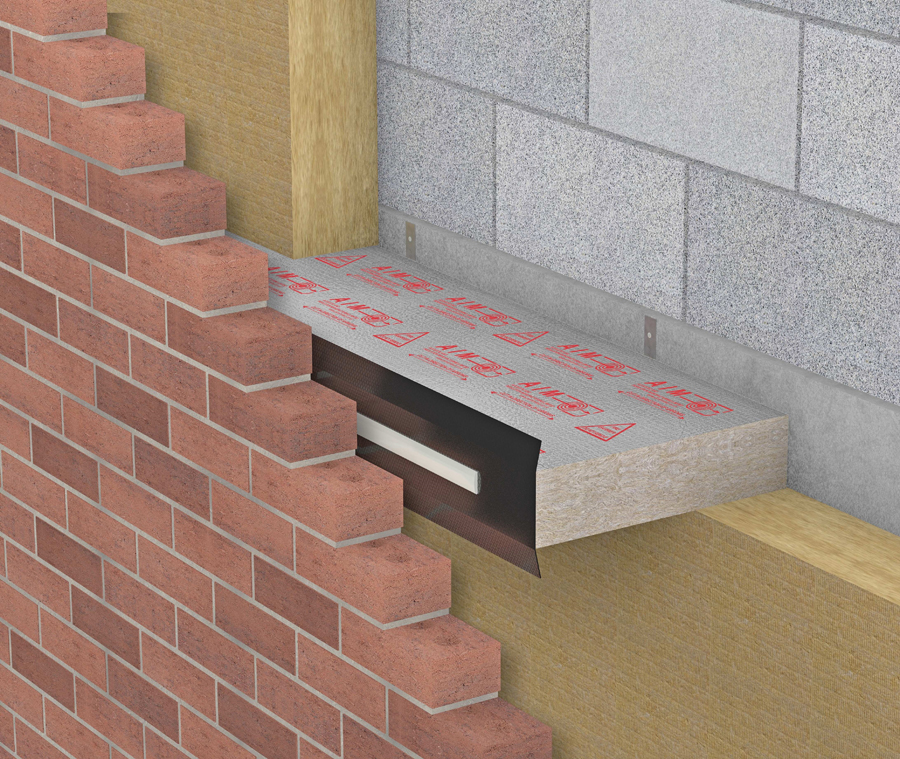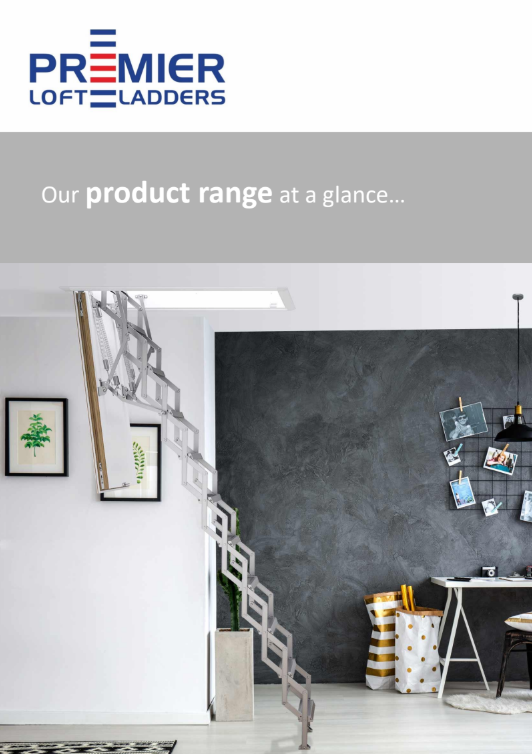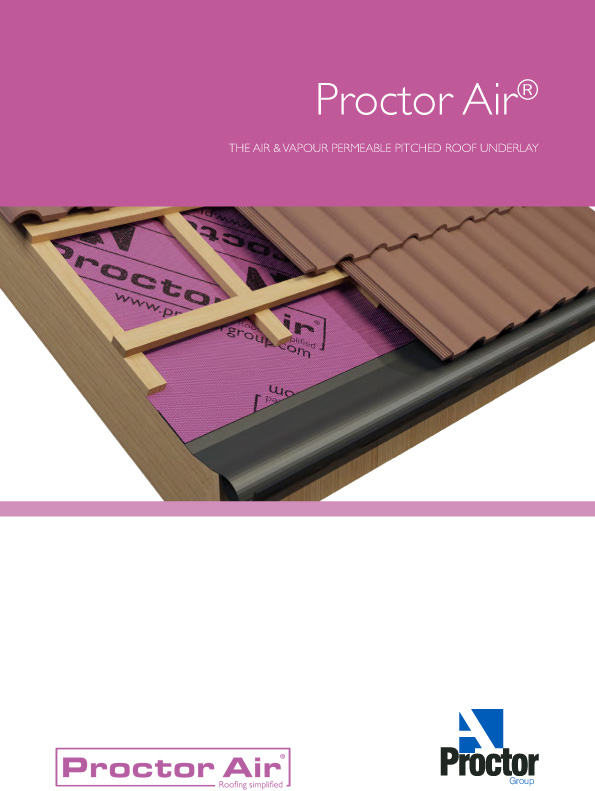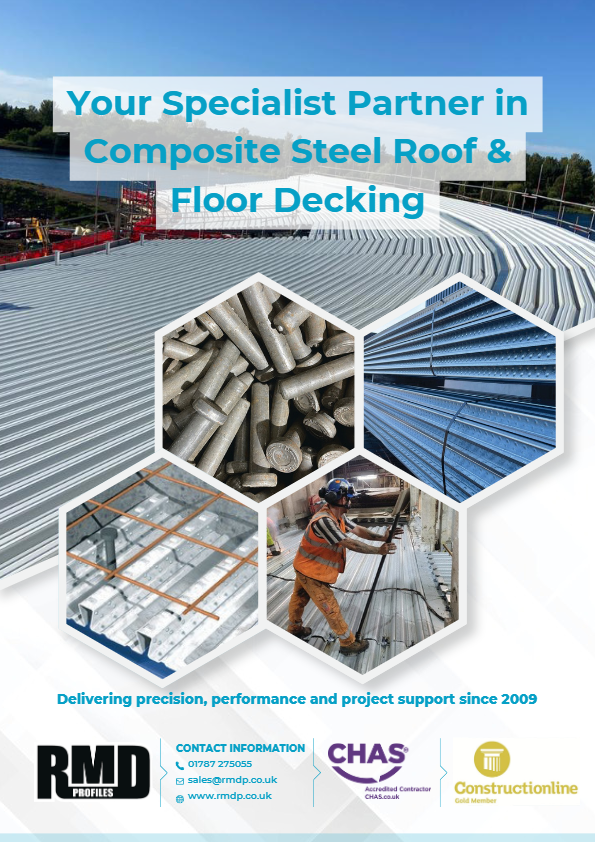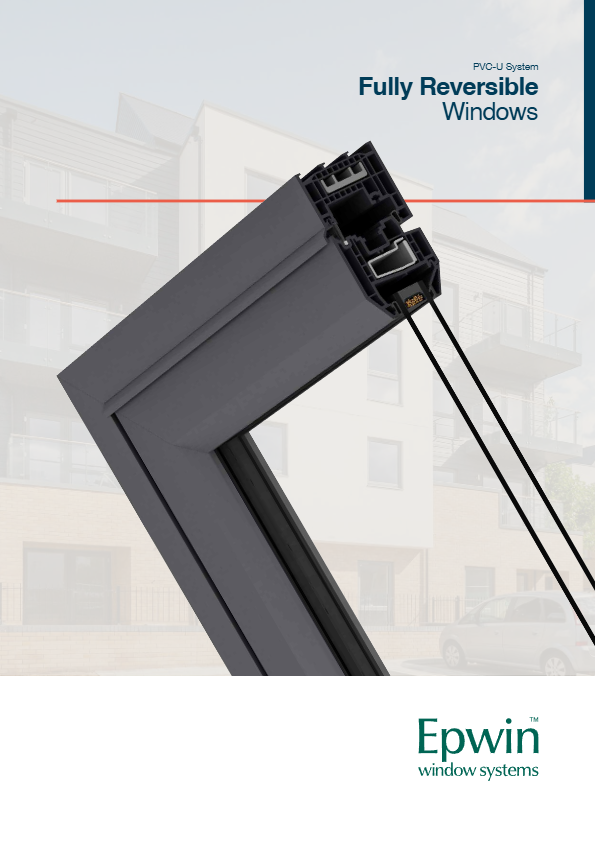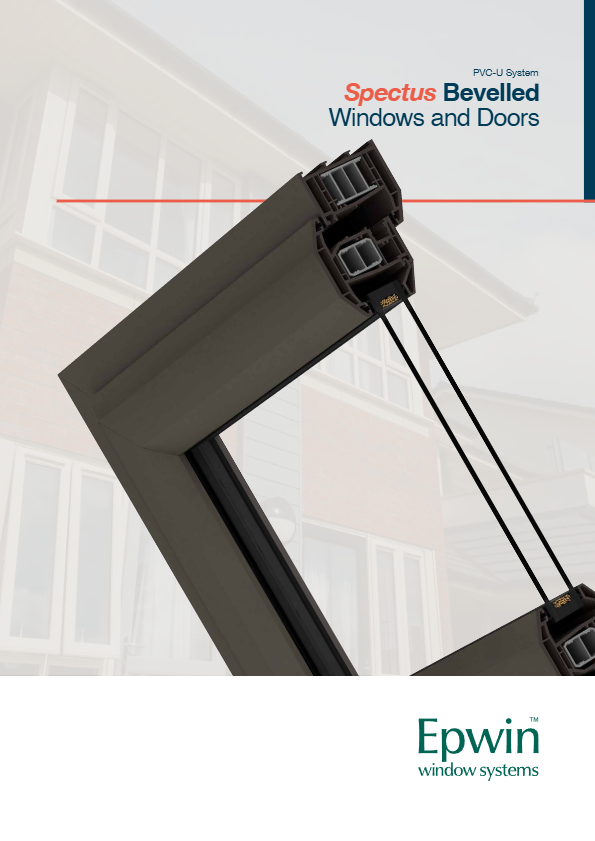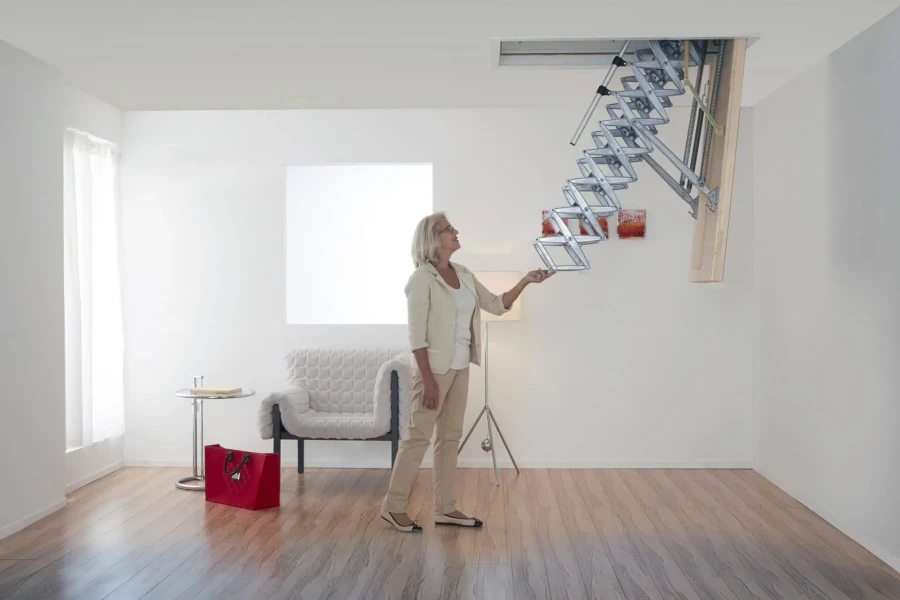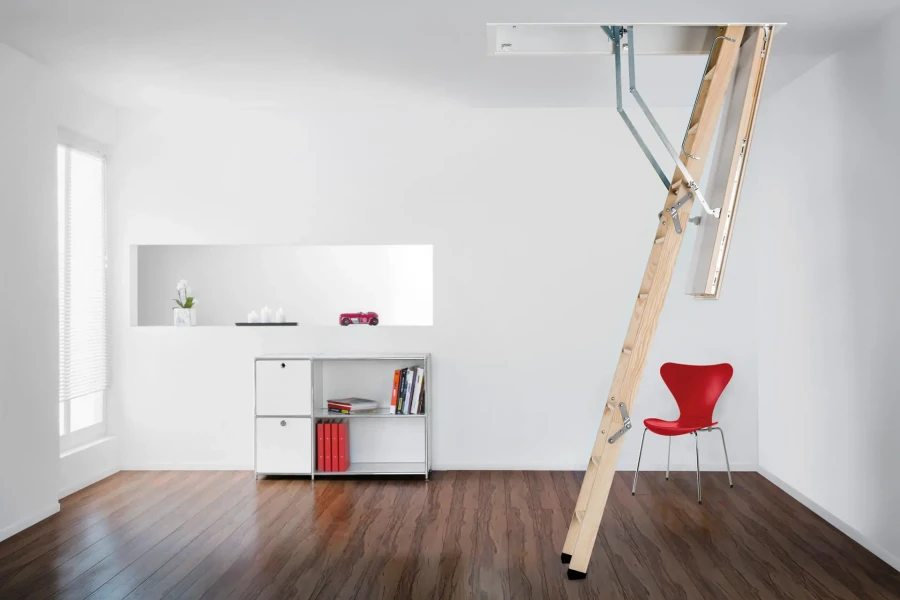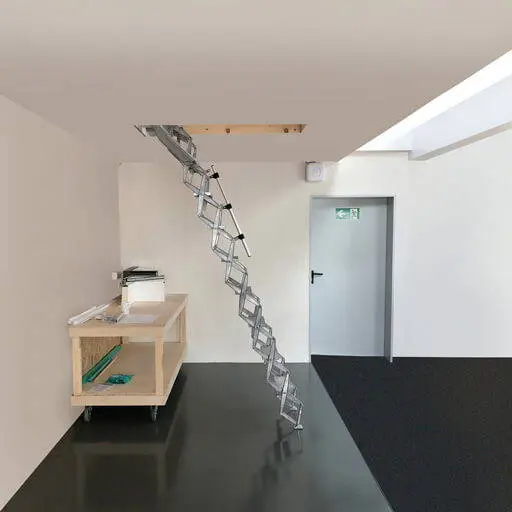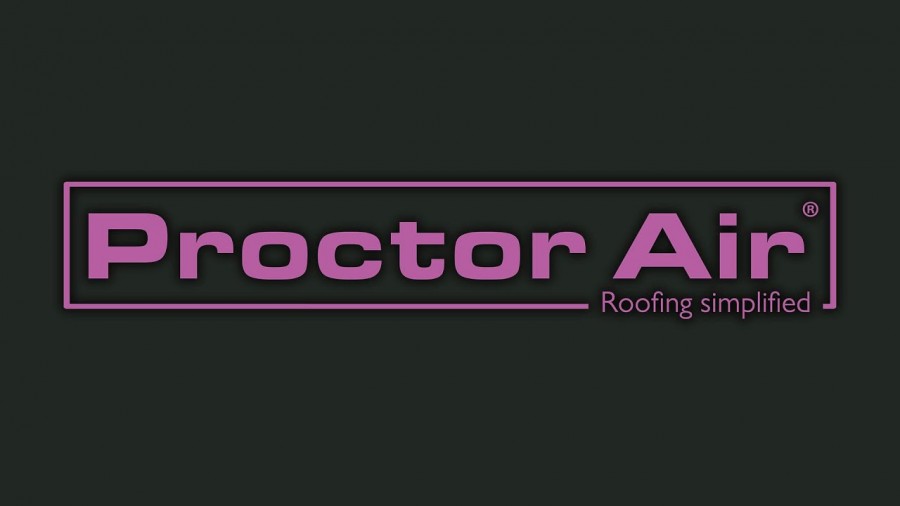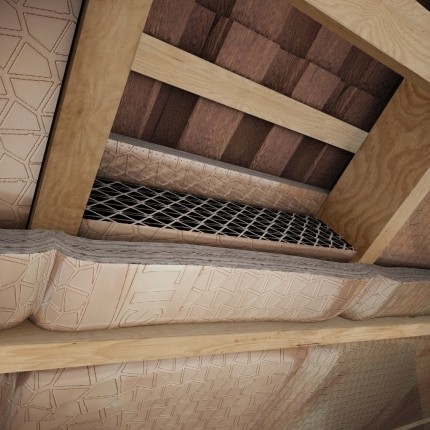
Revisions to Part L, which come into force in April, put the emphasis on reducing carbon emissions firmly at the feet of the fabric of a building.
Changes to Part L are aimed at ensuring an overall 6% carbon reduction across the build mix – a further step towards the long term aim of zero carbon homes.
The introduction of the Target Fabric Energy Efficiency (TFEE) rate expressed in kWh/m2/yr, alongside the existing CO2 emission rate strengthens U-value requirements for domestic new builds.
And while specifiers are given an element of flexibility on how to balance the efficiency of the building fabric and building services - two elements which are crucial for the SAP rating – the newly introduced FEE, which limits the U values of thermal elements, ensures that an efficient envelope provides the backbone to a house powered by, preferably, renewable heating systems and energy efficient appliances.
The regulations state that a dwelling’s Fabric Energy Efficiency cannot be more than the Target Fabric Energy Efficiency (DFEE < TFEE) calculated using notional U values, given by the regulations, plus an additional 15%. The aim is to avoid developers building homes whose envelopes are inefficiently constructed and making up the deficiency with excessive use of renewable technologies. However, if the building is constructed using notional U values it will meet building regulations regardless.
Compliance with the new FEE will therefore be predominantly down to the quality of the insulation used in the construction and, with its newly NHBC and LABC approved mix and match Hybrid range, innovative manufacturer Actis is anticipating soaring sales.
The range, which includes a new insulation material, Hybris, a vapour control layer with built-in thermal performance, HControl Hybrid, and an insulating breather membrane, Boost‘R Hybrid, will go a long way to enabling builders to comply with the new regulations – and exceed them.
The products have been shown to offer excellent thermal performance and U-value results and, equally importantly, address an explicitly stated directive in the revised regulations which requires insulation to be continuous and thermal bridging to be avoided as much as possible: (“insulation should be reasonably continuous over the whole building envelope. The building fabric should be constructed so that there are no reasonably avoidable thermal bridges in the insulation layers caused by gaps within the various elements, at the joints between elements such as those around the window and door openings. Reduction in thermal performance can occur where the air barrier and the insulation layer are not contiguous and the cavity between them is subject to air movement.”)
All three Actis Hybrid products combine both insulation and air tightness properties, with HControl Hybrid and Boost‘R Hybrid in particular addressing the thermal bridging and air tightness issues.
Actis technical manager and former architect Thomas Wiedmer explained: “Because Hybrid products are flexible and straightforward to install, the margin for error is very small, making the chances of thermal bridging very slight. H Control Hybrid works as an air and moisture barrier but also as a good thermal insulation and this can be installed in a continuous application, unlike other insulation types which fit around and within the building structure and are independent of the air and moisture barrier. HControl Hybrid can be fitted to the inside of the structure and provides a continuous air barrier, reducing thermal bridging. Together with BoostR Hybrid and Hybris ,Actis offers a complete solution for a better performing building envelope putting fabric first.”
The range is complemented by a free online simulator, found at http://hybrid.insulation-ACTIS.com, which enables to estimate the U-value of a project in seconds.
“Part L 2013 changes don’t affect existing building stock – and therefore Part L1b / L2b 2010 remain effective. However, improving energy efficiency of existing buildings remains a big challenge and the next steps towards Government’s zero carbon objectives will need to address this as well as the performance gap between design and build. Actis in-situ testing and research show that Actis products exceed design expectations - Actis is ready for what is to come,” he added.









